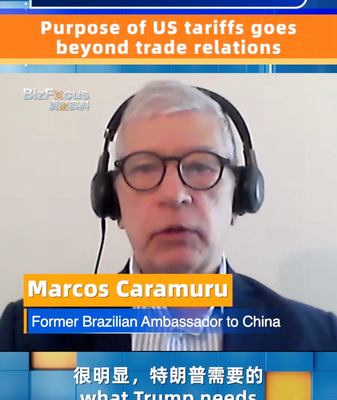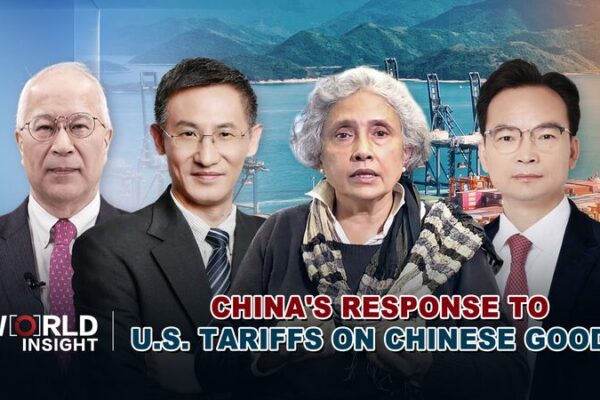
Former Brazil Envoy: US Tariffs Aim Beyond Trade, Violate International Law
Former Brazilian Ambassador Marcos Caramuru claims US tariffs aim beyond trade relations and violate international law, highlighting the broader implications of current US trade policies.








